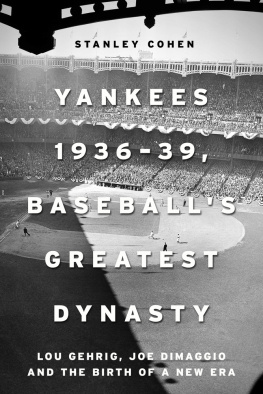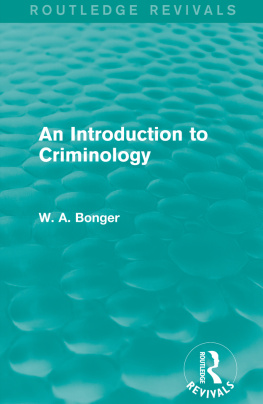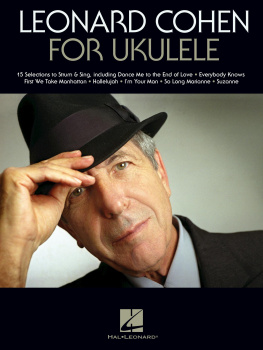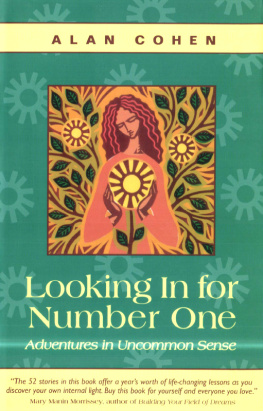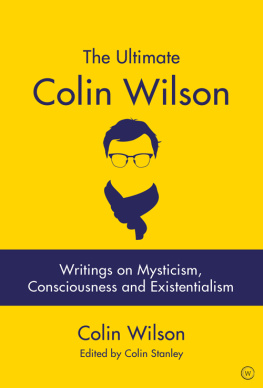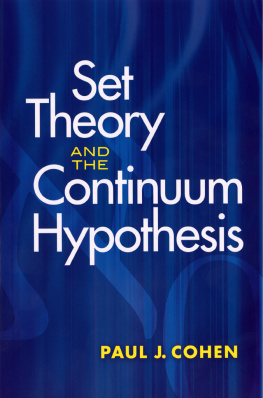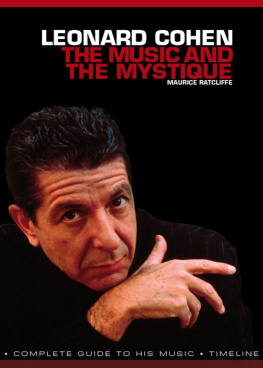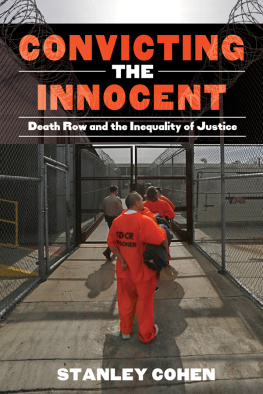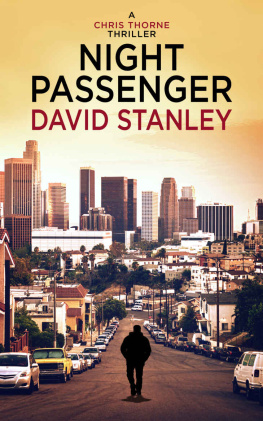This is a selection of essays that I have written over the past fifteen years about certain aspects of criminology. If there are three orders of reality in the subjectfirst, the thing itself (crime and the apparatus for its control); second, research and speculation about this thing (description classification, causal theory, normative and technical solutions to crime as a problem); and third, reflection about the nature of the whole enterprise itselfthen these essays belong mostly to the third order. Their tone, that is, is introverted and reflective. They deal with the justifications and apologies for criminology: how it explains itself to itself and others; why it chooses some subjects, theories, and policies and not others; its endless proclamations about what its subject, scope, and purpose should be. In particular, I am concerned with the various in-ternal schisms and the intellectual opportunities and problems opened up by the new criminologies of the past two decades.
I have not included here, then, work that reflects my substantive areas of interest over this period: in vandalism, delinquency and youth culture, devi-ance and the mass media, or most consistently, in prisons and changing systems and ideologies of social control. Most of my work in this last area has appeared in my recent book Visions of Social Control, and I saw no justification for reprinting the various papers leading up to this.
This volume would literally not have been possible without the initiative of Irving Horowitz. It was his idea to collect these essays, on the pragmatic grounds that most of them were not readily available to a North American readership and on the intellectual grounds that it would be worthwhile to try to find the common theme in my work.
The first response I gave to his intellectual query was that I was not aware of any such continuous theme, but were I to look for it, it would be my preoccupation with how liberalism as a political doctrine and a way of making sense of the social world has dealt with the problem of crime. My original title for this collection was Crime, Punishment and the Liberal Imagination and this does indeed cover the implicit subject matter of most of these essays.
Criminology was born of post-Enlightenment liberalism, and every significant attempt to define its scope and purpose, every major twist in its convoluted inner dialogue, have been made within or in reaction to that original discourse. This is true in terms of its theoretical preoccupations (the limits of freedom and tolerance, the nature of responsibility and determinism, the possibility of devising rational solutions to social problems); its political allegiance (mainstream academic criminology has always been liberal; radicals and conservatives have to define themselves against this consensus); and also in terms of the everyday meaning of what it is to be liberal (we want to be nice, but people who do bad things must be punished). The great unwritten book in criminology is a serious examination of the basic principles of liberalism, their historical changes and mutations, their critics (internal, radical, and conservative), and how this relates to crime and punishment.
This is not such a book. Though I keep coming back to these problems (more often than I was aware of at the time), they demand more systematic attention than can be given by these disparate essays written for such different purposes. To have used the subject of liberalism as my organizing theme would be to pretend to a consistency that just is not there.
Against Criminology, the title of this collection and of the essay () that sketches its context, is far more accurate. At a personal level it conveys my dissatisfaction with the existence of criminology as a separate subject and my marginal relationship to its major preoccupations. More important, it conveys the nature of the collective intellectual enterprise, begun some twenty years ago, to create what is conceived as either an alternative criminology or an alternative to criminology. Although these essays are personal I certainly wrote them and, structuralist literary criticism notwithstanding, my intentions matter in understanding them they should be seen as reflections of this collective endeavor. They are reports (particularly the early essays), that is, from an active participant rather than a detached observer.
As the sequence moves on the tone becomes somewhat more detached. I find myself subjecting the anti-criminology enterprise to the same sociology-of-knowledge stance that I sometimes recommend to be taken toward criminology itself. This stance would treat the structure and productions of criminology in the same way as the structures and productions of religion or art are treated by their sociologists. Most of what passes for criminology is like theology or literature: it is indistinguishable from what should be the object of its attention. We know well enough why the alternative position, pure detached knowledge, is both impossible and irresponsible. Nonetheless, something of this detached spirit is needed to sense the collective element in these essays. For this reason, I have not changed their content, tempting as this was, especially for those early essays (such as ), which now seem so brash, simplistic, and tendentious. But this is how we spoke and wrote.
Behind this collective facade, I am aware of my personal preoccupations. For one thing, even when dealing with the most arcane of theoretical issues, I was always conscious of a moral responsiblity to understand what difference our claims would make if taken literally. I remain a moral pragmatist, concerned not so much with formulating policy as with trying to show what choices our theories imply. Invariably, values and politics, not science, determine these choices. A second personal tone, especially after the early bravado of anti-criminology, is a certain tentativeness. I argue not just with the enemy, nor even just with those who think like me, but with myself. In particular, I worry whether certain ideas are taken more or less seriously than they should be.




